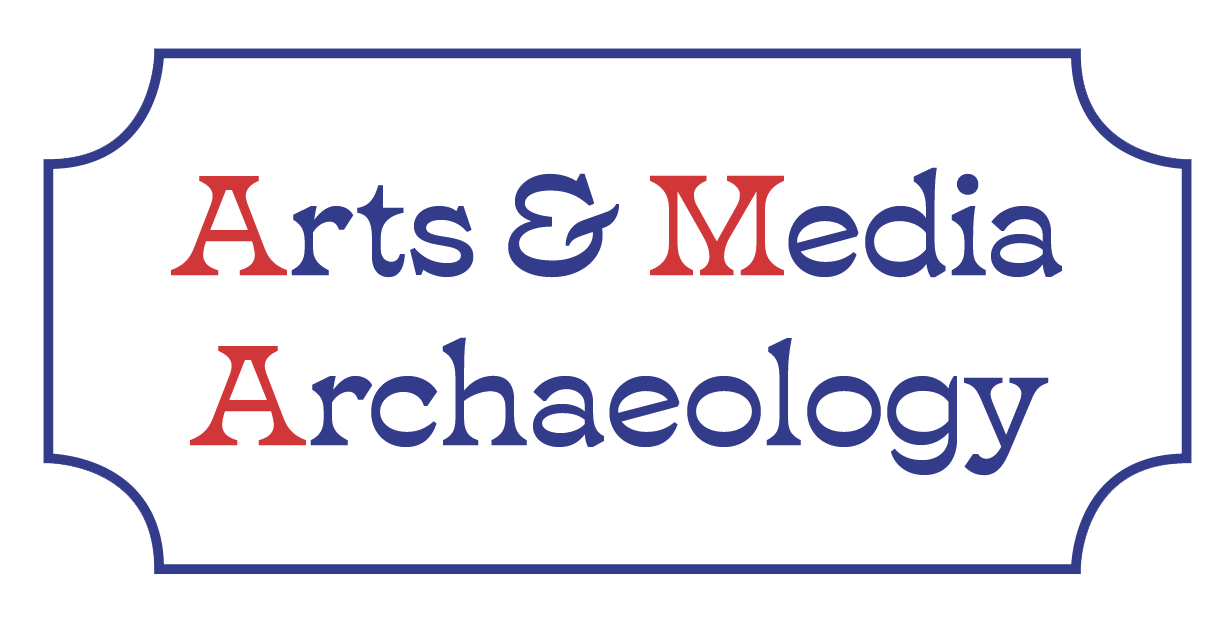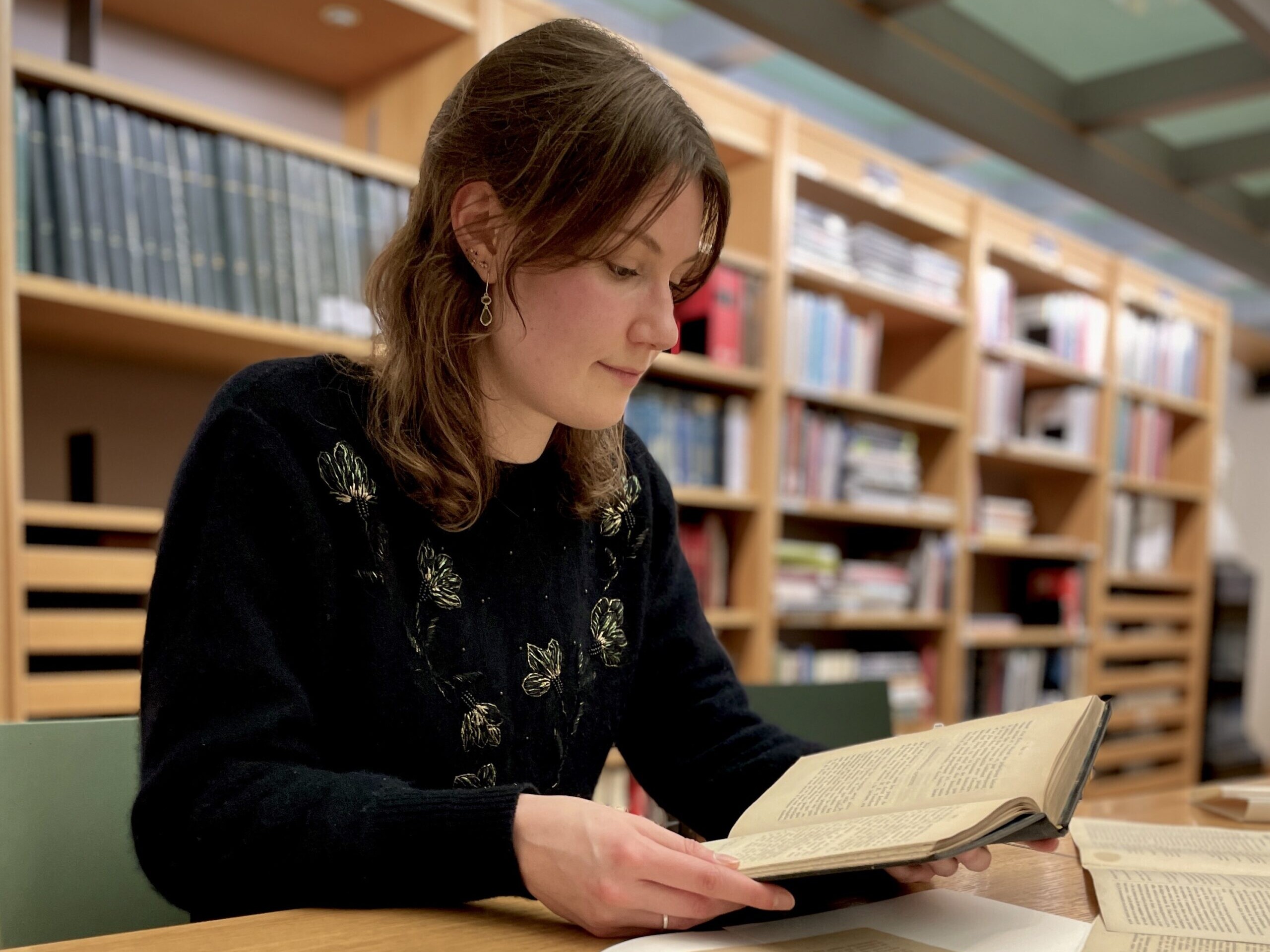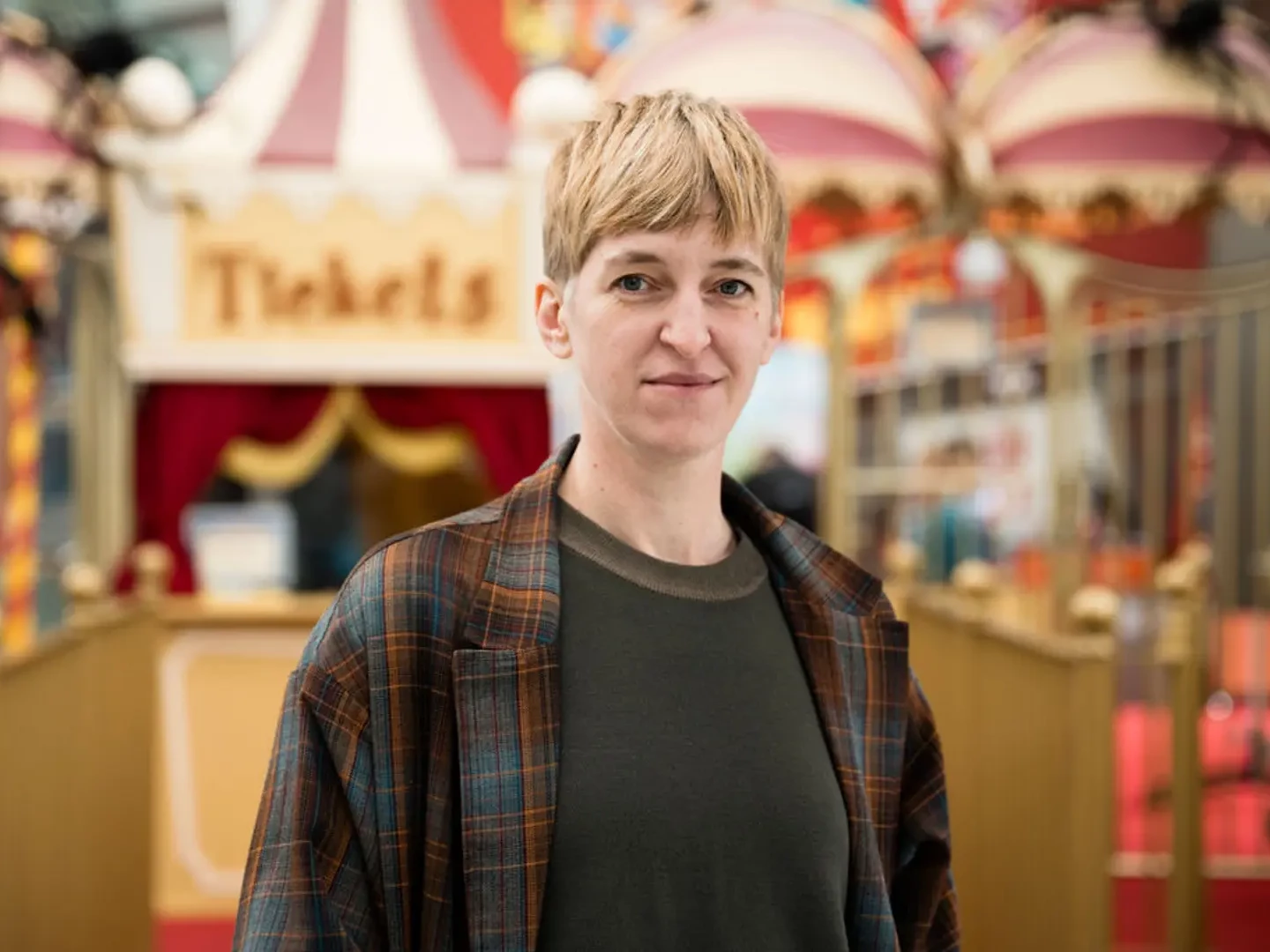Der Komet shines digitally, over more than 140 years of fairground history
18 July 2024
Since 1883, Der Komet has been a pioneering journal, serving as a compass for fairground entrepreneurs and travelling traders. The periodical played a vital role in the professionalization of the fairground industry and chronicled over 140 years of German fairground culture. As such, it is a valuable resource for researchers interested in the cultural history of fairgrounds, media and film history, and the history of knowledge and technology. Current digitization campaigns, supported by the SciFair project and its partners, aim to make this rich historical material accessible to a wider…
Politics on Show: The Magic Lantern Performances of Brussels Mayor Charles Buls
27 June 2024
At the dawn of the twentieth century, Charles Buls, the forward-thinking mayor of Brussels, employed magic lantern performances not merely to display his extensive travels but also to illuminate his socio-political ideals. These spellbinding illustrated lectures whisked audiences away to far-flung corners of the globe, deftly weaving in Buls’ passionate advocacy for cultural conservation and civic identity. His poignant recounting of the tragic Messina earthquake of 1908 not only shed light on the plight of that unfortunate city and its people but also unveiled his grand vision for Brussels.…
Decoding Fairground Newspapers: Analysing History with Large Language Models
20 March 2024
Can large language models (LLMs) and artificial intelligence (AI) unlock the secrets hidden within historical documents, such as showpeople periodicals? This question propelled researchers from the universities of Antwerp, Luxembourg, and Marburg to explore the potential of LLM/AI in a one-day workshop. On 12 March 2024, scholars from the University of Antwerp (ARIA), the University of Luxembourg (C2DH), and the University of Marburg (Institute for Media Studies) joined forces to conduct preliminary tests for an interdisciplinary research project. This international group of researchers aims…
If ghosts could speak
30 January 2024
Levitating tables, conversations with deceased family members, or fortune-telling: spiritism was a “hot item” in nineteenth-century Belgium. PhD researcher Hannah Welslau (FWO) examines how spiritism found its way from living-room séances to magic at the fairground. Hannah's research focuses on how spiritism was introduced into various types of popular entertainment, such as theatre, lectures and séances. Since her FWO project is related to the Science at the Fair project, the fairground was also an obvious venue to explore. Hannah: "What struck me immediately was that spiritism at the…
Showpeople as early adopters
26 January 2024
What role did science and technology once play at the fairground? And how were new technologies such as X-ray technology, photography, and film presented and disseminated through the travelling network of showpeople? PhD researcher Tim Overkempe is currently investigating all of the questions above for the period 1850-1914 within the Science at the Fair project at UAntwerp. While most of us might associate the funfair with nostalgia and perhaps a touch of old-world charm, this was certainly not always the case in the past. Instead, the fairground was often the place-to-be to wonder at new…
Leave more room for chance, intuition and unexpected twists
18 December 2023
Nele Wynants is a professor of art and theatre studies at UAntwerp. Her research is on the interface of science, media and performance. In her EU-funded project Science at the Fair, she explores the world of travelling science shows in the 19th century. She told us about how the project came about and made a passionate plea for more room for chance, intuition and unexpected twists in research. When we think about ‘science for the public at large’, the first thing that comes to mind nowadays is large science museums or interactive experiences such as Technopolis. In the 19th century, however,…
Travelling zoos as knowledge mediators?
11 December 2023
Travelling zoos were a common and very popular form of entertainment in the long nineteenth century. Also known as menageries, they were large companies that moved around with various exotic wild species such as lions, tigers, and elephants. For young and old alike, it was often the first and only time they got to see these impressive quadrupeds. Even though they were considered mainly a form of travelling entertainment at funfairs, I will show that itinerant zoos were also an important hub for the circulation of various forms of knowledge. In recent years, historians of knowledge have been…
Preserving impressions of the fair. Digitizing the graphic collection of the Markt- und Schaustellermuseum in Essen
6 October 2023
“Auf dem Markt fing alles an!” – “It all started at the market!”. That was the motto of the former Markt- und Schaustellermuseum in Essen, Germany. The museum, which unfortunately closed in 2021 after 25 years, showed that the precursors of our modern-day doctors, pharmacists, bankers, trading companies, marketeers and recruiters, as well as artists, musicians and show people often earned their daily bread at the local fairs. Given the relevant scope of the museum and its rich body of sources, a research trip to Essen by SciFair researchers was a priority, especially since the variety of…
Tricksters, scammers, imposters and frauds: a tale of all times?
4 April 2023
Why do we seem to be simultaneously obsessed and outraged by people who lie, invent different identities and dupe people into believing them? Tricksters and frauds have been around for ages, making up one colourful persona after the other. How can researchers deal with dishonest historical actors, for example when looking at the fairground? In this article, Hannah Welslau looks back on a research seminar with professor Tine Van Osselaer on the topic of imposters and the ambivalent sources they have left. Liars are fascinating. In the last years, famous scammers such as the fake heiress Anna…
Exotism and politics on the big screen: Colonial magic lantern shows in Belgium
24 February 2023
At a time when few Europeans travelled to the African continent, the public stilled their curiosity for what happened in the Congo Free State by listening to the travel stories of European explorers. How was the colony represented in Belgium between 1885-1945? This is the key question of Anse De Weerdt’s PhD research. In the following, she will tell us where her quest began. Whenever I visited my grandfather, he would eagerly show his collection of old cameras, which he collected as a hobby photographer. On his dresser, he flaunted three magic lanterns. These three pieces in his collection…










